

Pick any aspect of Moebius: Empire Rising--the James-Bond-meets-National-Treasure plot; the characters; the puzzles; the music. Seriously, the choice is yours. Now let me tell you something definitive about the topic you chose: It's present in this point-and-click adventure game, but it's strikingly underwhelming. It’s not that Moebius is bad top to bottom; it's just that the game barely executes on many of its traditional point-and-click trappings, and certainly doesn't excel at any others to make up for it.
History expert and antiques dealer Malachi Rector is called upon to investigate the murder of a woman whose life story curiously mirrors that of Livia Drusilla, wife of first Roman Emperor Augustus Caesar (a job suspiciously well-suited to a superspy-esque history scholar). The reasons why are unclear at first, but a plot involving political assassination and questions of free will is quickly set into motion. For its part, the story sets up some decent intrigue and provides a compelling enough reason to move through the game, but it often stumbles over clunky dialogue, paper-thin characterizations, and a plot that can’t quite identify its audience. Worse, the answers it provides to its grand and wide-reaching questions feel small and unsatisfactory. The conclusion doesn’t leave you hanging, but it feels pretty cheap considering the grandeur it promises up front.
Perhaps more troubling than the narrative arc are the brief moments when it touches on dark, adult topics in spite of its otherwise light and airy vibe. The over-the-top writing and hacky voice-over performances give Moebius a sort of B-movie appeal, reminiscent of National Treasure or Assassin’s Creed. That, combined with the cartoony aesthetic, makes it seem like a perfect game for kids, who could probably forgive some predictability and cliched characters. But the game will occasionally bring up (and summarily drop) discussions of rape and drug abuse that feel totally out of place. These moments, while infrequent, fly in the face of the tone being presented elsewhere in the experience. And moreover, the game isn’t equipped to handle them with the appropriate nuance.
But an adventure game is a narrative plus puzzles, and Moebius’s core gameplay element occupies the same underwhelming space as its narrative aspects. Your experience is going to vary depending on your fluency with the genre and your basic brain power (I’m admittedly low on the latter), but allow me to take you through the process of solving your typical puzzle in Moebius: (1) Recognize a puzzle and its objective. (2) Develop a sinking feeling that frustration is imminent. (3) Solve the puzzle almost immediately. (4) Feel the fear of frustration get displaced by brief elation, followed by a vague emptiness stemming from a lack of accomplishment.
Moebius’s puzzles are usually quite simple, but I wouldn’t call them poorly designed outright. On the one hand, it’s great that you rarely feel stuck. But as you combine items and navigate dialogue trees, the puzzles never give you the “A-ha!” moment that you'd expect to feel when controlling a genius detective. And many of the puzzles feel out of place; deducing the correct amount of cream and sugar for a librarian’s coffee, for example, doesn’t quite seem a task matched to Rector’s apparently soaring IQ.
The so-so puzzles go hand-in-hand with Moebius’s technical performance, which is acceptable and nothing more. The game’s cartoony mix of 2D and 3D art is on limited occasions charming but usually a bit archaic-looking, particularly when focusing on character models and their stilted movements. The comic book-styled cutscenes look blurry and outdated, and graphical hiccups occasionally make characters’ heads sink into their body cavities, or cause objects they’re holding to levitate in front of them; sure, these issues never get in the way of the gameplay, but they don't exactly help the experience either.
If Moebius: Empire Rising were to come out a couple of years ago, it might feel like a welcome throwback to the days of classic point-and-click adventures in spite of its very pronounced issues. There’s an elegance and a purity to clicking around the game’s numerous locales, and it moves at a good pace. But the gameplay is too mundane, and the story too disappointing for it to be given a pass today. As it turns out, games like Double Fine's Broken Age as well as lower-profile titles like Machinarium and Gemini Rue are just a few of the well-executed entries available in the genre’s recent resurgence. There are far better, less compromising places to look for this kind of experience.
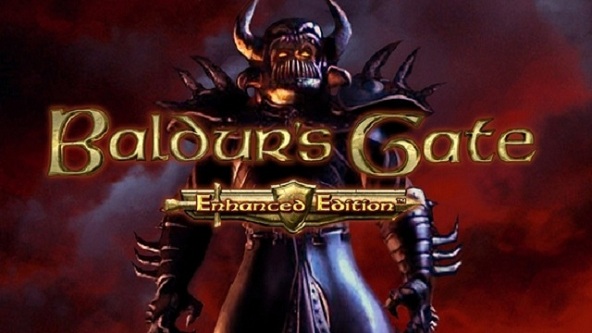
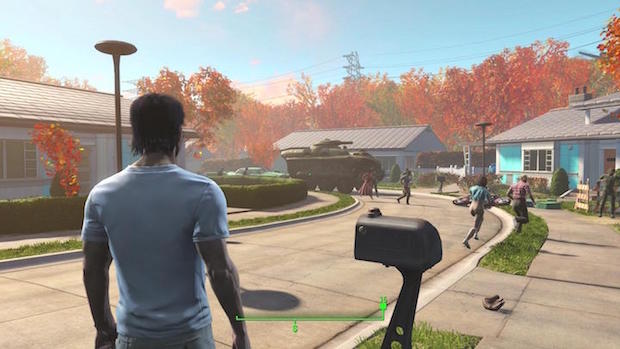

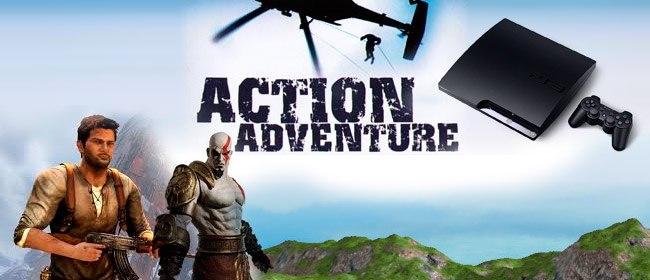
 Daylight Wiki – Everything you need to know about the game .
Daylight Wiki – Everything you need to know about the game .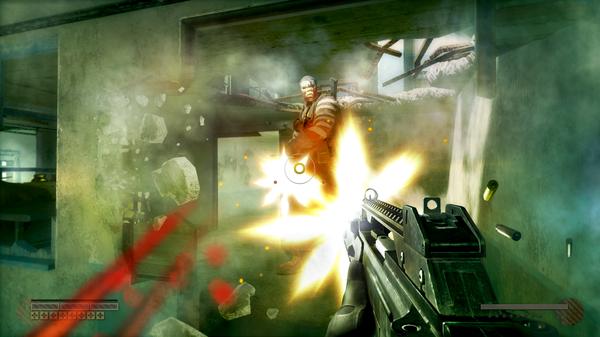 Bodycount Walkthrough Video Guide in HD
Bodycount Walkthrough Video Guide in HD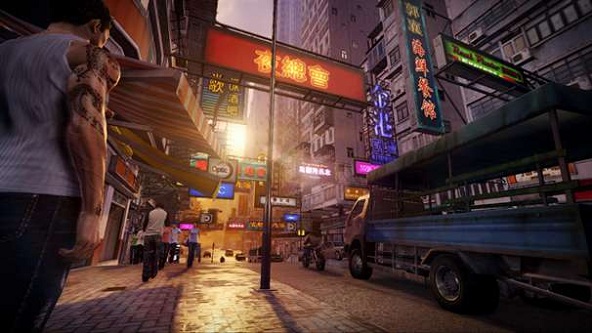 Sleeping Dogs Walkthrough
Sleeping Dogs Walkthrough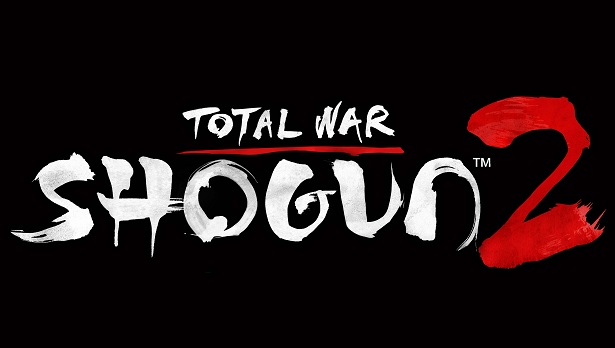 Shogun 2 Walkthrough
Shogun 2 Walkthrough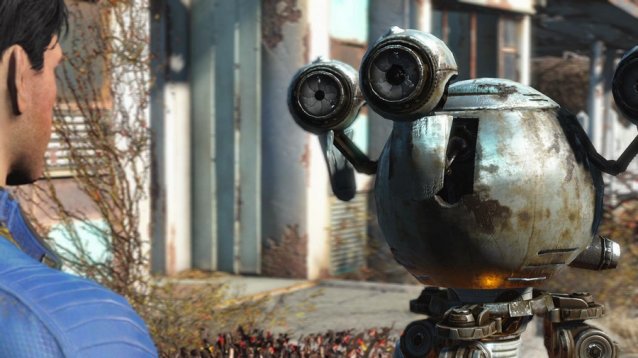 Fallout 4: List of Names Codsworth Says
Fallout 4: List of Names Codsworth Says